
These include various policy measures that have been embraced by Colombia, including elements of legal, fiscal, innovative, market, and social nature, which are necessary for the rapid development of renewable energy and battery storage systems. These measures are integral to the country's broader goals of energy transition and sustainable development.
1. To what extent does the policy framework and legal support influence energy transition?
Energy Transition Law: The Energy Transition Law of Colombia is among the most important legal frameworks that incentivize investment in hydrogen, renewable energy, and clean transport. It categorizes green and blue hydrogen as renewable energy sources and provides them with reductions in income tax, VAT and tariff exemptions, and accelerated depreciation. Other renewable energy sources, like geothermal, storage systems, carbon capture, and energy efficiency, are also within the purview of this law and provide a sound legal framework for renewable energy and battery storage system development.2. How Does a Fiscal Incentive/Subsidy Accelerate or Jettison Renewable Energy Development?
Subsidies and Tax Incentives: The government offers fiscal subsidies and tax benefits to decrease the investment cost of projects for renewable energies and battery storage. Incentives attract more investors to drive construction and operation activities of these projects.Low-Interest Loans and Financial Incentives: Governments provide loans at low interest rates and other financial support to companies to overcome their financial barriers and encourage more projects in the field of renewable energy and battery storage. 3. How Does the Government Support Technological Innovation and R&D?
R&D Investment: In the case of R&D investment in renewable energy and battery storage technologies, the government has increased funding to research institutions and business entities to advance technological innovation and product development. In this way, independent innovation capacity improves Colombia's technological progress and industrial upgrade.
International Cooperation and Exchanges: The government is very active in engaging in international cooperation, introducing advanced technologies and experiences from other countries, and furthering technology transfer and industry upgrade.
4. Market Access and Regulatory Mechanisms: How to further enhance the industry development?
Simplified Approval Process: Simplification by the government in administrative procedures has reduced the threshold for companies and individuals to develop projects in renewable energy and battery storage, which further again reduced the threshold to accelerate projects and market efficiency.Regulatory Mechanism: It has come up with an overall regulatory mechanism to supervise the whole life cycle of renewable energy and battery storage projects, ensuring safe and stable operation of such projects while protecting market order and consumer rights.
5. How Is Social Participation and Public Awareness Promoted?
Indigenous Participation Policies: The government encourages and fosters the participation of indigenous and rural communities in renewable energy projects by allowing them to partner with a public or private entity to construct solar panels and other installations on their lands. This is one of those situations that constitute a win-win, both for the cause of local development and for the goals of the country in terms of energy.Public Awareness and Education: Government conducts campaigns in public education to increase awareness related to renewable energy and battery storage systems. This increases their acceptance and support by the public for wide application of clean energy technologies.




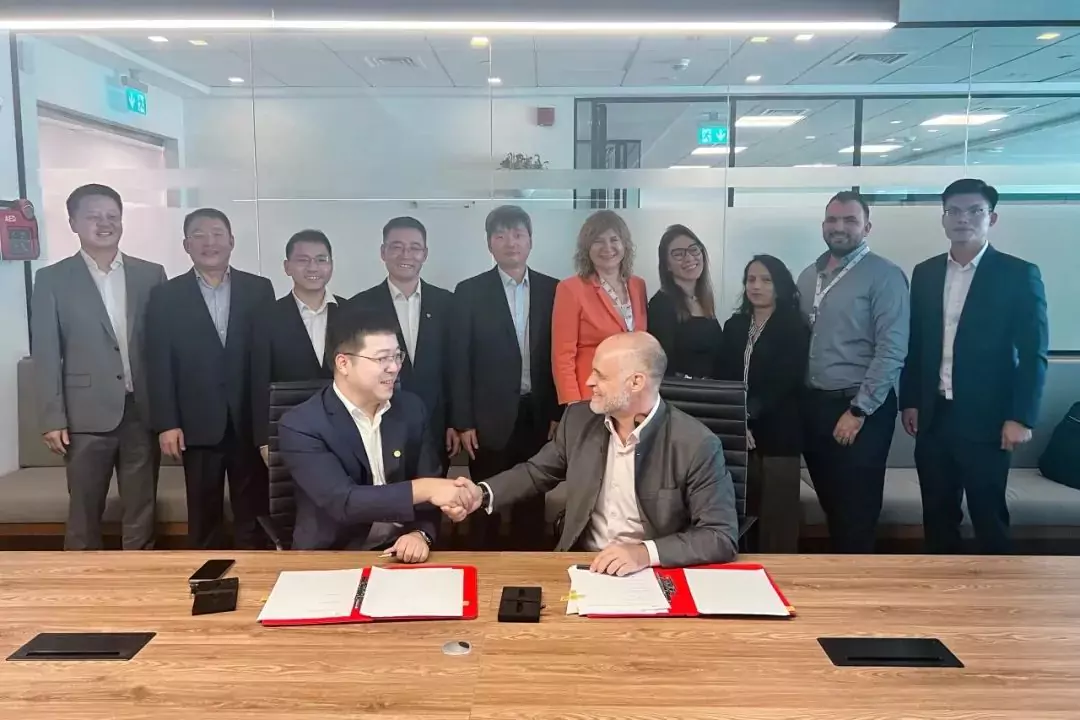
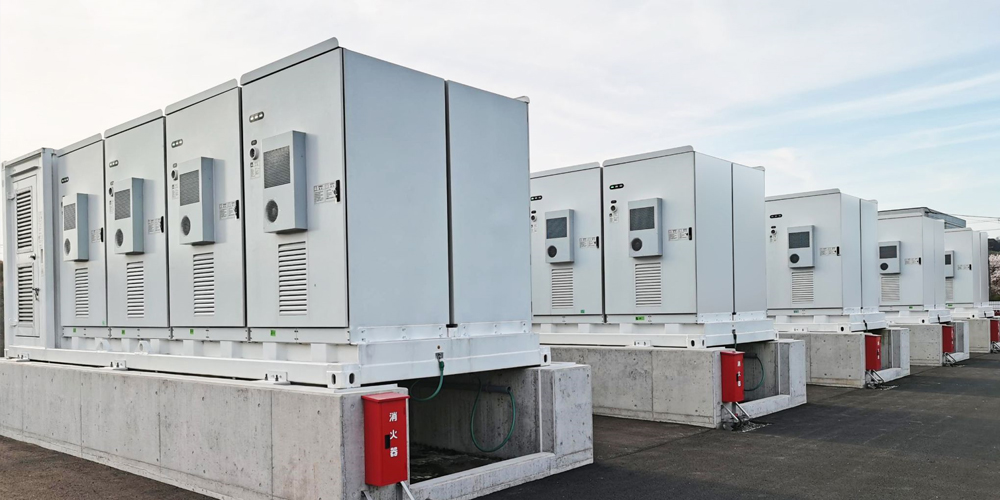


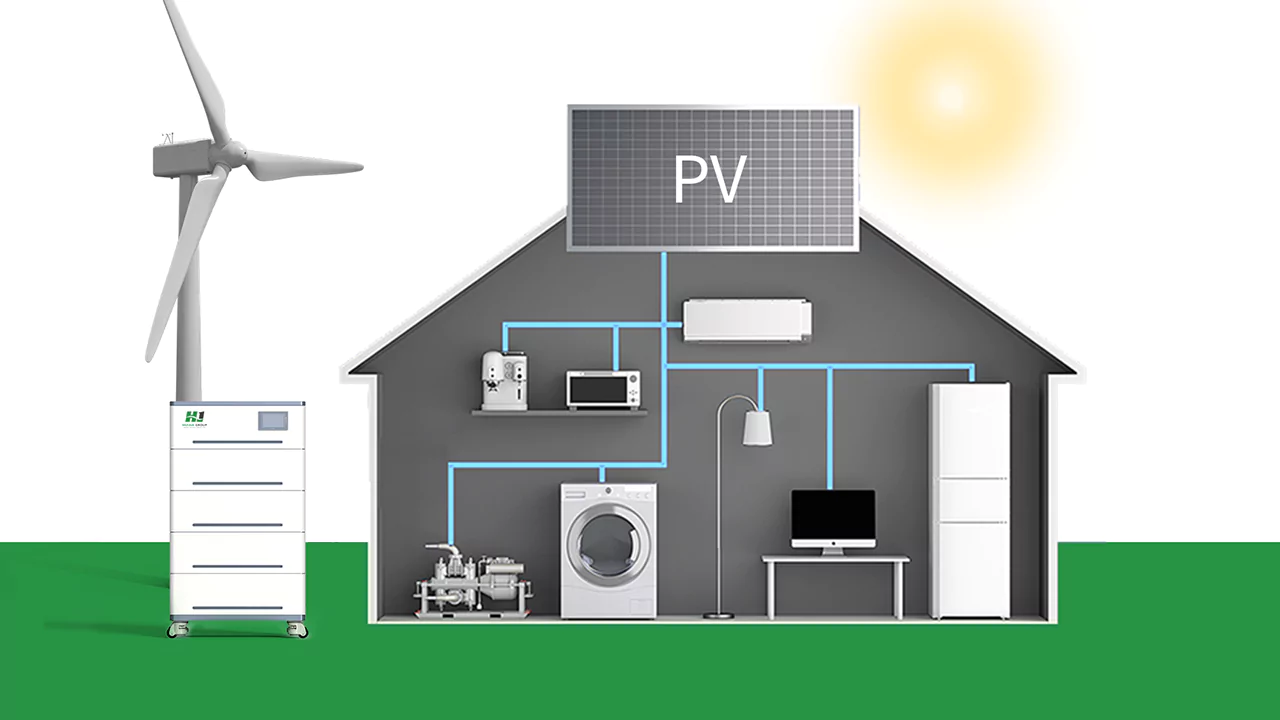

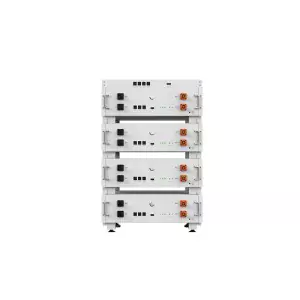




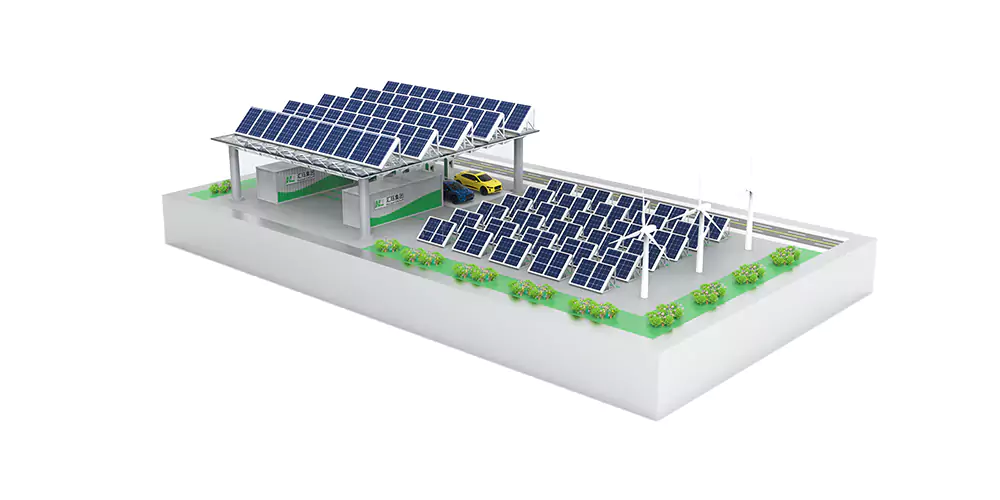





 Inquiry
Inquiry Online Chat
Online Chat